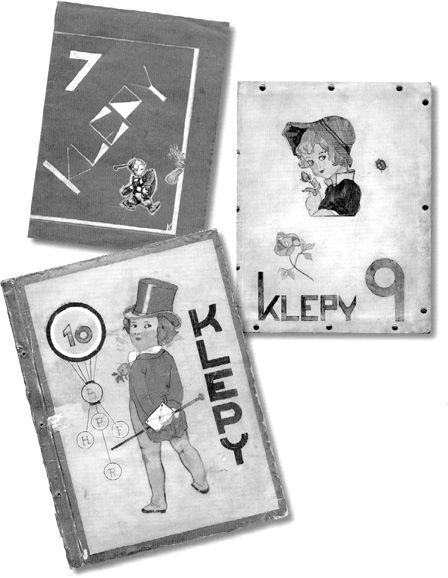
By the fall of 1941, Adolf Hitler had finalized his plan to kill all Jewish people in Europe. This plan was called “The Final Solution.” Concentration camps were set up across Germany and Poland. These “camps” were actually prisons built for the specific purpose of killing as many Jews as possible, as quickly as possible. Six of them would become primary killing sites: Auschwitz, Majdanek, Belzak, Sobibor, Treblinka, and Chelmno. As hostility toward Jews intensified, more ghettos were formed in towns and cities. These became collection centers where Jews were held until they could be deported to the concentration camps.
Up until then, the Jewish families of Budejovice had heard rumors of these deportations, but only from distant places. But now, in nearby cities and towns, families were being arrested and sent away. Frances Neubauer heard about this from her aunt’s home in Brno, where Jews were already being deported. If her aunt was sent away, Frances would likely be sent with her. It would be better if she went home to her family. Just before her fifteenth birthday, in November 1941, Frances boarded a train to return to Budejovice. She came home in the last car of the train, the one set aside for Jewish passengers. She had not seen her parents, or Beda and Reina, in over a year.
When her father saw her for the first time, he smiled lovingly and sadly. “I sent away a girl, and you’ve returned as a young lady,” he said as he hugged and kissed his daughter. There was no way they could make themselves safe. But if anything was going to happen to them, at least they were together
To save money, the Neubauers had moved to a small apartment that they shared with two other Jewish families – a total of eleven people were now living in one crowded space. The only toilet was in the hallway. In the kitchen, the women fought constantly about what to cook and how to prepare it. In the end there was not much to fight about, since there was so little food to begin with.
On December 7, 1941, the war took a dramatic turn. Japan attacked the fleet of American warships in Pearl Harbor, in the United States. Japan was a strong ally of Germany, and Japanese leaders thought that if they destroyed the U.S. fleet, they would be able to expand their empire into Pacific territories. It was a serious mistake. On December 11, 1941, the outraged United States declared war on Japan, and then on Germany as well. Without the power of the United States, Britain and her allies had been suffering terrible losses, and it had seemed all too likely that Hitler would rule the entire European continent, including Great Britain. Over the next few months, though, the balance of power would finally begin to shift away from Germany, and toward the United States and her new allies.
But it would take time to change the tide of war and turn back the German troops. In the meantime, all across Europe, Jews continued to lose their lives at the hands of the Nazis.
In early February 1942, all the Jewish families in Budejovice received the news they were dreading most. They were to be transported away from their homes. Their destination was a place called Theresienstadt.

Covers from several editions of Klepy.